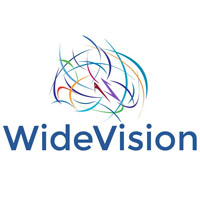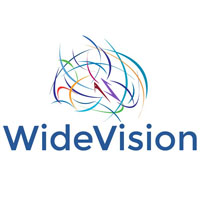Triangle of relationship between leader, politics, and power is a delicate balance in which leadership occupies the top place. Political institutions provide legitimate platform and strength to leadership to execute power to get best for collective good of all. It is then ability of leader that how best he uses power to achieve end results.
Managing complex power dynamics in political sphere is a unique skill which come through experience, learning and practicing. Leaders make a team, chalk out a strategy, aim for collective good and overcome threats rather than ignoring the issues surrounding power.
Major forms of power include legitimate, structural and referent while reward, coercion and expert powers augment the major power spheres.
Various forms of power come by in different ways, each has distinct characteristic and requirement and different levels of effectiveness with different people. It is the leader who chooses which form of power is to be employed where to achieve better results. It may be a combination of more that one, depending upon the situation.
Legitimate power used in conjunction with structural power gives magical results. Legitimate power is derived from a position and a set of formal relationships. Leaders elected through political process have legitimate power. People are influenced by legitimate power and they will do what they are told to do. Structural power shows up in rules and regulations, grant agreements, policies, design of decision making processes, etc. Structural power also includes the broader decision-making institution within society particularly think tanks, academia, media and human rights watch. If structures are strong, it will facilitate the job of leadership to get desired results. A leader must try to improve structure which will ultimately strengthen the state. Weak structures drown even strong leaders.
Other forms of power come into play for different purposes but these can not achieve the bigger political objectives.
Coercion involves forcing someone to do something against their will. Coercion cause resentment and if used too much will cause people to leave. Power achieved through rewards involves giving benefits to someone for doing something. This is almost the opposite of coercion. It is used for motivation, to achieve smaller objectives and also to expand major influence areas.
Expert power denotes an individual’s expertise. Leaders utilize expert powers of others to enhance the collective political power.
A strong political leader derives his power from legitimacy and structure. Power is never static, it keeps moving and a leader has to constantly manage it, increase it but only to deliver good for masses.
Social media platforms has added new dimension to power dynamics. This is referent power which is employed through frames. Framing can control or direct the outcome in social constructivism. Frames are the stories we carry about why things are the way they are. Stories drive the narrative in a specific direction. Creating space for multiple frames is crucial to effective work. Use of only propaganda frame will not auger well in political sphere. Leaders use referent power to build national narrative and counter the anti-state propaganda. Referent power used in isolation and not directed towards bigger goal is only a mischievous act.
0-0-0-0-
Dr Atique Ur Rehman
Leadership and Power Dynamics
aswidevision
24 posts
Next Post


